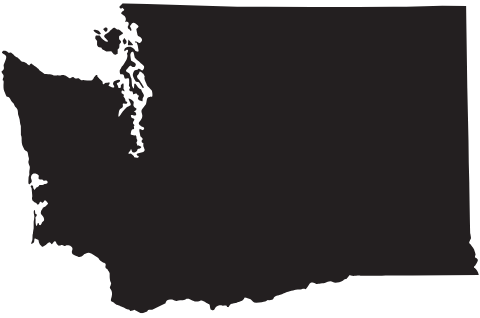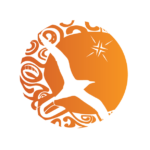The Pacific Islander Community Association (PICA, PICA-WA) is a statewide 501(c)3 nonprofit that aims to serve Native Hawaiian/Pacific Islander (NH/PI) communities who call Washington home through various direct services and programs, as well as systems advocacy that are aligned with our 12 wellness policy priorities.
Our organization was established as a nonprofit in 2019, to respond to the unmet needs of Pasifika communities across Washington State
Our mission is to establish a cultural home, center community power, and advocate to the further the wellness of Native Hawaiian/Pacific Islander (NH/PI) communities in Washington.
We envision Native Hawaiian/Pacific Islander (NH/PI) communities thriving physically, culturally, socially, and spiritually.

Woven into all pieces of our collective work, these values help guide and hold us accountable to the communities we serve in our efforts to achieve our mission.

Sacred Relations
We are committed to establishing deep and accountable communities through building strong relations, networks, and coalitions between our communities from across all regions of Oceania.
Horizon Gazing
A key value of Navigators is to always gaze toward the horizon, dreaming of what our futures can be for our descendants. We work to usher in a future that is humane for those yet to come.
Power
We acknowledge the spiritual and cultural power of NH/PI communities to determine their social and political futures in advancing justice locally, nationally, and globally.
Sacred Hospitality
We are committed to fostering an environment where our communities can feel love, safety, and dignity.
Inclusive Collective
We are an expansive body and we welcome all members of our community, which includes our queer and trans siblings. We are an intergenerational community that celebrates our elders and hold the highest value for our children.
Liberation
We work towards the ultimate goal of liberation for our NH/PI people, where our communities are able to perpetuate our Oceanian traditions.

We are women-led, intergenerational, and one hundred percent of our staff and board identify as NH/PI and Indigenous. Our staff and board are diverse in age, ability, gender identity including our Samoan cultural third gender (fa’afafine) as well as sexuality, lived experience and citizenship status ranging from U.S. citizen to undocumented and COFA resident to U.S. National and refugee. Like our community, our staff and board also range in identifying as caregivers, formerly experiencing poverty and/or homelessness, displacement due to nuclear testing, immigrants, and survivors.

We have office locations in Federal Way, Vancouver, and Spokane (coming soon!)

Pacific Islander Community Association of Washington (PICA-WA) acknowledges that our organization and community work, live and play on the unceded traditional lands of the Spokane, Chinook, Cowlitz, Muckleshoot, Snoqualmie, Duwamish, Chelan, Nisqually, Squaxin, Chehalis, Sauk-Suiattle, Stillaguamish, Tulalip, Puyallup, and the Steilacoom tribes. We honor with gratitude the land itself and its original caretakers.
Pacific Islander Community Association is a 501(c)(3) nonprofit organization.
EIN: 84-2470123
Pacific Islander Community Association is a 501(c)(3) nonprofit organization.
EIN: 84-2470123
Pacific Islander Community Association of Washington (PICA-WA) acknowledges that our organization and community work, live and play on the unceded traditional lands of the Spokane, Chinook, Cowlitz, Muckleshoot, Snoqualmie, Duwamish, Chelan, Nisqually, Squaxin, Chehalis, Sauk-Suiattle, Stillaguamish, Tulalip, Puyallup, and the Steilacoom tribes. We honor with gratitude the land itself and its original caretakers.
Thank you for your patience and understanding!